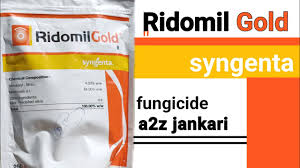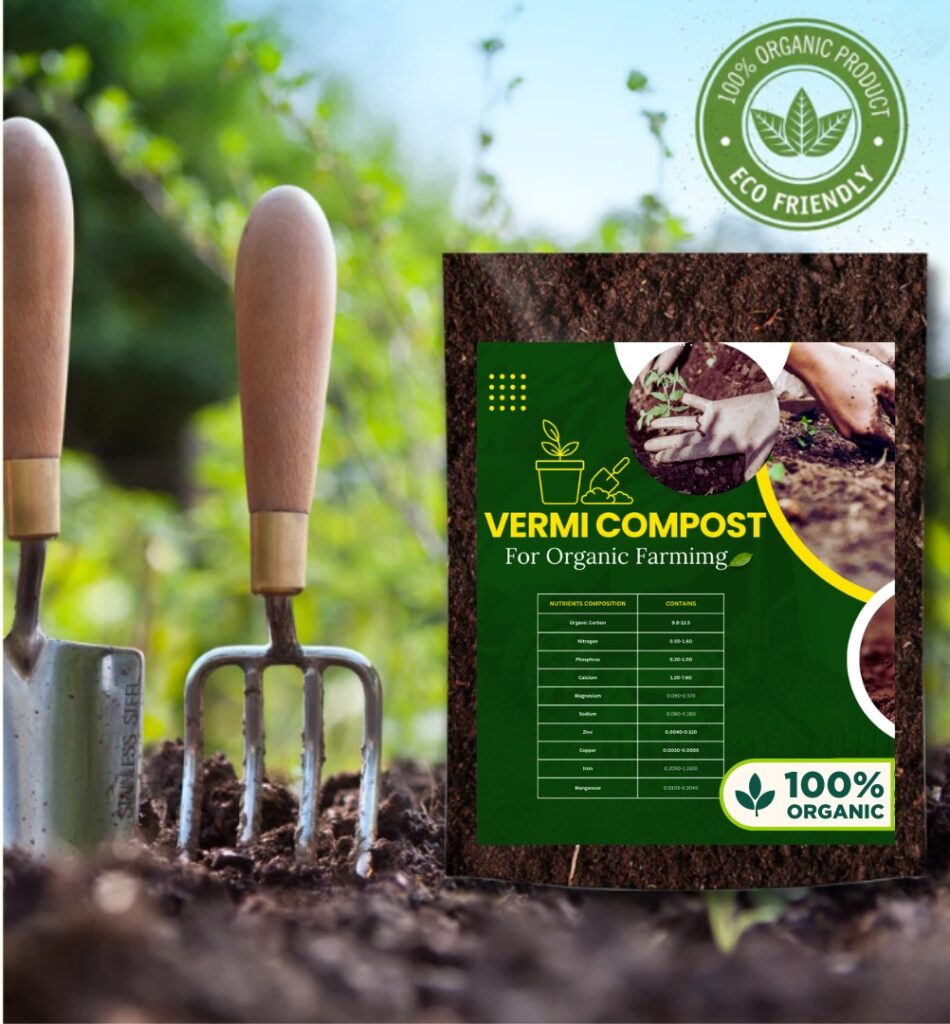Ridomil is a very effective fungicide which is highly effective in farming. Before we get into its description, let’s learn about fungicides first.
To eliminate parasitic fungi or their spores, insecticides called fungicides are utilized. Although biocontrols are also possible,chemicals make up the majority of them. In agriculture, fungi have the potential to inflict significant losses in productivity, quality, and revenue. Fungicides are employed in both agriculture and the treatment of animal fungal illnesses. Despite not being fungi in terms of taxonomy or genetics, oomycetes are controlled using fungicides due to their comparable ways of infecting plants.

Fungicide types:
They can be differentiated in the following types-
-
Contact fungicides:
Contact fungicides, often known as preventative or protective fungicides, are insecticides intended to fight superficially acting fungal species and prevent crop contamination.Contact fungicides persist on the surface of plants and frequently leave visible residues in the areas where they are used. Many times, it is necessary to apply the protective fungicide again after a set amount of time, particularly after rains that could wash the substance away or when the plant grows, as the initial application would not protect new leaves.They only protect the plant where the spray is placed because they are not absorbed into the plant tissue.
-
Translaminar fungicides:
These can pass through leaves to the surface they contact on the other side, but they are not fully systemic and do not spread throughout the entire plant. Fungicide is redistributed between the top, sprayed leaf surface and the lower, unsprayed leaf surface by translaminar fungicides.
-
Systemic fungicide:
A plant can be protected from infections and the spread of an existing fungal infection by a systemic fungicide, which is one that is absorbed by the plant and then translocated inside the plant system. Through the xylem, systemic fungicides are absorbed and disseminated.
Fungicide application:
Application of fungicides is a crucial process in the packinghouse. The application of fungicides can be done in several ways. The application method chosen depends on the cost, operational efficacy, and treatment effectiveness. In soak tanks, where fruit is submerged in fungicide-laced water and moved by water currents within the same tank, postharvest fungicide applications are carried out. This approach was determined to be useless since it encouraged sickness, thus it was stopped for hygienic reasons. Wet dumping was used in India with Kinnow mandarins but was later stopped for the same reasons. The term “drenching” describes the process of treating fruit that is stored in bins or other containers by spraying a fungal solution on it as it moves along a conveyor. This approach has a high solution delivery volume. Fungicides can also be sprayed over fruit that is moving on a conveyor in a thin mist.
In a liquid cleaning soap solution, fungicides such sodium ortho-phenylphenol (SOPP) are occasionally added. Before applying wax coating, the fungicide is additionally sprayed on in high concentration as a non-recovery spray. The coating does not comprise fungicide once more when fungicide is put on separately. Fungicide can also be added to wax coating as an alternative.
Ridomil Gold fungicide

A special fungicide called Ridomil Gold (Metalaxyl 4% + Mancozeb 64%) is used to control oomycetes fungus, such as those that cause diseases like late blight and downy mildew. Metalaxyl makes up 4% of the substance, while 64% of it is mancozeb. It will therefore function better than fungicides with a single formulation. It can be used as a seed treatment, on soil, or on leaves. This fungicide can be used for a variety of purposes. The expense of disease control will therefore be lower. There is no need to purchase several fungicides for various plant diseases.
Ridomil Gold technical content:
Metalaxyl makes up 4% of the mixture, whereas Mancozeb makes up 64% (68% WP).
The crops on which Ridomil Gold fungicide is used mainly:
Important crops include potatoes, grapes, tobacco, tomatoes, citrus, vegetables, turf, and ornamentals.
Ridomil Gold fungicide uses:
Ridomil Gold shields fruits, vegetables, potatoes, and tree nuts against soil borne oomycete infections because of its hyper-systemic absorption and translocation capabilities. Additionally, Ridomil Gold SL enhances stand, root health, and crop vigor while having adaptable administration methods and a simple, uncomplicated composition.
FAQs
1. Where can we purchase Ridomil Gold fungicide in India?
Ans. You can purchase Ridomil Gold fungicide online in India from Khet ki dawai.
2. What is Ridomil Gold fungicide price?
Ans. To know more about Ridomil Gold fungicide contact us at https://khetkidawai.com/



